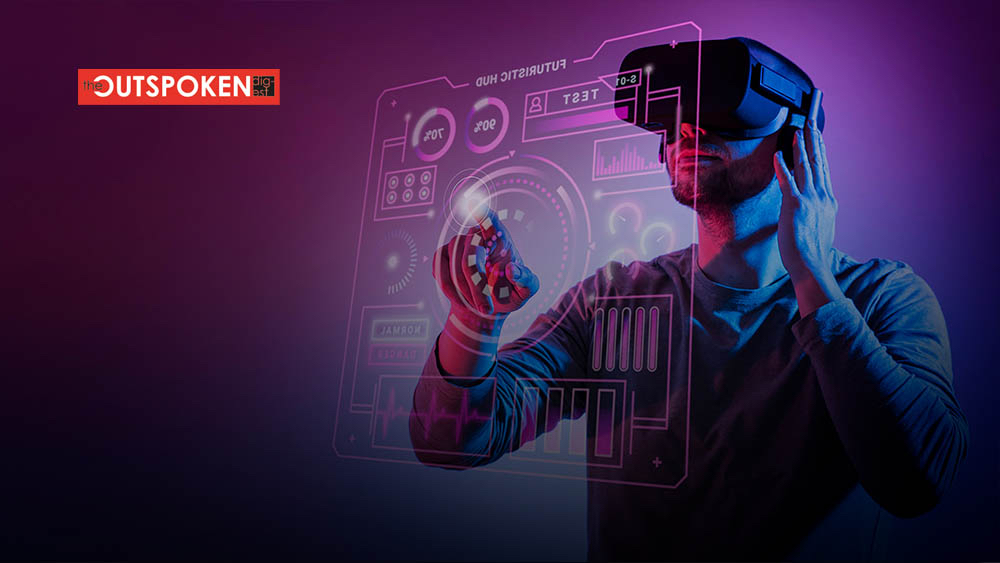Virtual Reality (VR) has emerged as one of the most exciting and transformative technologies of the digital era. By immersing users in virtual worlds, VR offers a unique and immersive digital experience that has the potential to revolutionize various industries, from gaming and entertainment to education and healthcare. In this blog post, we will delve into the rise of virtual reality, its applications, and the impact it is making in shaping new frontiers in the digital experience.
Virtual Reality
Virtual Reality refers to the use of computer technology to create a simulated environment that users can interact with and perceive as real. It typically involves wearing a VR headset that tracks the user’s head movements and provides a 360-degree view of the virtual world. By incorporating elements like sound and touch, VR aims to create a sense of presence and immersion, transporting users to virtual realms beyond their physical surroundings.
Gaming and Entertainment
The gaming and entertainment industries have embraced virtual reality with open arms. VR gaming offers an unparalleled level of immersion, allowing players to step into the virtual worlds of their favorite games. It provides a truly transformative experience, where users can physically interact with the digital environment and engage with the game’s characters and objects. Furthermore, VR is expanding beyond gaming, enabling immersive cinematic experiences, virtual concerts, and interactive storytelling, pushing the boundaries of entertainment and captivating audiences in new ways.
Education and Training
Virtual Reality holds immense potential in revolutionizing education and training. VR simulations can recreate realistic environments for training purposes, such as flight simulations for pilots or surgical procedures for medical professionals. It offers a safe and controlled space for learners to practice and acquire hands-on experience in a risk-free setting. Additionally, VR can transport students to historically significant locations, distant countries, or even imaginary worlds, providing immersive learning experiences that enhance engagement and knowledge retention.
Healthcare and Therapy
In the realm of healthcare, virtual reality is proving to be a powerful tool. It is being used for pain management, rehabilitation, and mental health therapy. VR experiences can help distract patients from pain during medical procedures or assist in physical therapy sessions by creating interactive and motivating environments. Moreover, virtual reality can simulate scenarios to help individuals overcome phobias or manage anxiety disorders through exposure therapy. The immersive nature of VR allows therapists to create tailored and controlled experiences that aid in the healing process and improve overall well-being.
Architectural Visualization and Design
Virtual Reality is transforming the way architects and designers conceptualize and present their creations. By creating virtual environments, architects can offer clients an immersive walkthrough of their future spaces, allowing them to experience the design and make informed decisions. VR enables stakeholders to visualize and interact with architectural elements, materials, and lighting in a realistic manner, leading to enhanced communication and better design outcomes. It streamlines the design process, reduces errors, and provides a platform for collaborative decision-making.
Challenges and Future Prospects
While virtual reality offers immense potential, there are challenges that need to be addressed. The high cost of equipment, limited accessibility, and technical constraints remain barriers to widespread adoption. Additionally, concerns related to motion sickness, eye strain, and privacy need to be addressed for a seamless user experience. However, as technology advances and becomes more affordable, these challenges are gradually being overcome. The future of virtual reality looks promising, with advancements in hardware, software, and content creation continually pushing the boundaries of what is possible, opening up new frontiers in the digital experience.
The Rise of Robotics: Exploring the Impact of Robots on Industries








